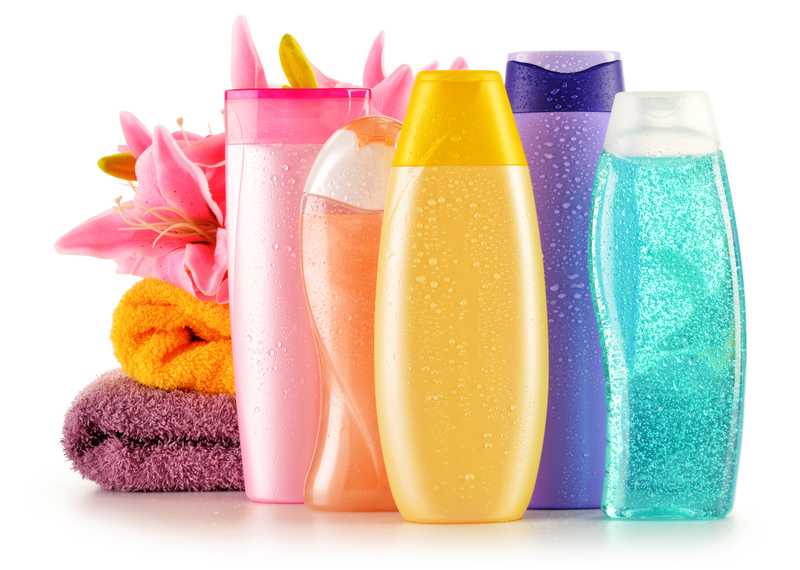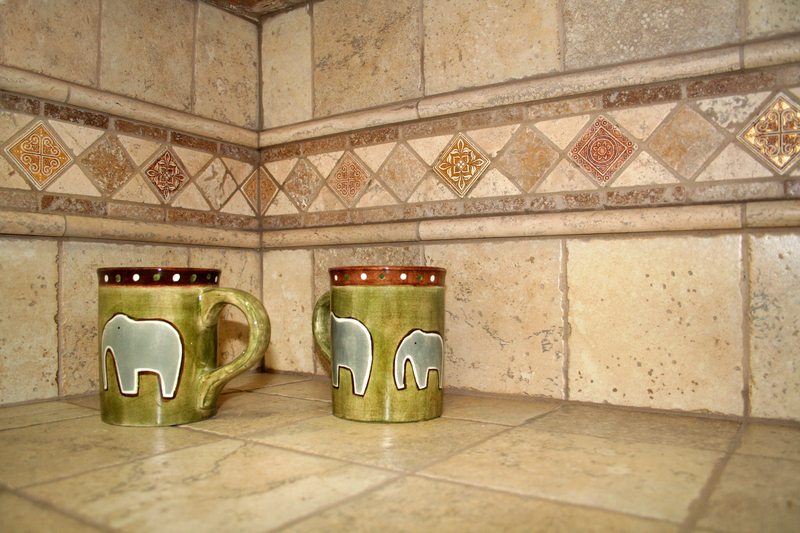Debunking Cleaning Myths
Posted on 21/11/2024
Cleaning is a universal activity that touches nearly every aspect of our lives, from our homes to our workplaces. However, the abundance of myths surrounding cleaning can create confusion and lead to ineffective or even harmful practices. This comprehensive article aims to debunk common cleaning myths, providing you with accurate information to streamline your cleaning efforts effectively and safely.
Debunking Common Cleaning Myths
The sheer volume of information available about cleaning can make it challenging to distinguish between what's accurate and what's myth. Below, we demystify some of the most persistent cleaning myths.

Myth: Vinegar is a Universal Cleaner
Vinegar is often touted as a miracle cleaning solution, capable of cleaning almost anything. While vinegar is indeed a versatile and natural cleaner, it is not suitable for every cleaning task. For example, vinegar should not be used on natural stone surfaces like granite or marble, as it can etch and damage them. Additionally, vinegar is not effective at disinfecting areas contaminated with pathogens, as it lacks the potency required to kill viruses and bacteria effectively.
Myth: More Detergent Means Cleaner Clothes
It might seem logical that using more detergent would result in cleaner clothes, but this is not true. Excessive detergent can lead to residue buildup on your clothing and within your washing machine, causing issues like skin irritation and mold growth. Always follow the detergent manufacturer's guidelines for the correct amount to use, which is typically sufficient for achieving clean, fresh-smelling laundry.
Disinfection Myths: What You Should Know
Disinfection is a critical component of effective cleaning, particularly in the wake of the COVID-19 pandemic. However, several myths persist regarding the best practices for disinfecting surfaces and environments.
Myth: Bleach is Always the Best Disinfectant
While bleach is indeed a powerful disinfectant, it's not always the best choice. Bleach can be corrosive and may damage certain materials, such as fabric and metal. Moreover, improper use of bleach, including not allowing it to sit long enough or not diluting it correctly, can render it ineffective. Alternatives like hydrogen peroxide and alcohol-based cleaners can be equally effective without the harshness associated with bleach.
Myth: Disinfectant Sprays Work Instantly
Many people believe that spraying a disinfectant instantly kills germs and bacteria. In reality, disinfectants need time to work, often referred to as contact time. The product label will specify how long the surface should remain wet to ensure proper disinfection. Ignoring this requirement can result in incomplete disinfection, leaving harmful pathogens behind.
Household Cleaning Myths Uncovered
A clean home contributes significantly to both physical and mental well-being. However, several household cleaning myths can hinder your efforts to maintain a healthy environment.
Myth: Feather Dusters Only Move Dust Around
Feather dusters have a reputation for simply redistributing dust rather than removing it. However, this is not necessarily true. Quality feather dusters, particularly those made with ostrich feathers, can attract and hold onto dust due to their natural oils and static charge. Using a feather duster correctly can make dusting quicker and more efficient.
Myth: Newspapers are Great for Cleaning Windows
Certain cleaning hacks suggest using newspapers to achieve streak-free windows. While this method was more valid in the past, today's newspapers often contain pigments and coatings that can leave residue on your glass. Microfiber cloths are a more reliable option, as they effectively clean glass surfaces without leaving any streaks or lint behind.
Kitchen Cleaning Myths: Fact-Check
The kitchen is one of the most frequently used areas in the home, making effective cleaning practices essential. Dispelling kitchen cleaning myths can help maintain a hygienic cooking space.
Myth: Hand-Washing is Better than Using a Dishwasher
Many people believe hand-washing dishes is more effective and eco-friendly than using a dishwasher. However, modern dishwashers are designed to be water and energy-efficient, often using less water than hand-washing. Additionally, dishwashers can reach higher temperatures to sanitize dishes more effectively than most people can manage by hand-washing.

Myth: Wooden Cutting Boards Harbor More Bacteria than Plastic Ones
Wooden cutting boards have long been thought to be less hygienic compared to plastic cutting boards. Research has shown that this isn't entirely accurate. Wood has natural antimicrobial properties that help reduce bacterial survival rates. However, both wood and plastic cutting boards require regular cleaning and proper care to remain hygienic. Ensuring they are sanitized after each use, especially when cutting raw meat, is crucial.
Conclusion: Embracing Effective Cleaning Practices
Dispelling cleaning myths is vital for adopting effective and safe cleaning practices. Whether you're using the right amount of detergent, allowing disinfectants to sit properly, or choosing suitable cleaning tools, debunking these myths can lead to better results and a healthier living environment. By understanding the science behind cleaning and leveraging accurate information, you can optimize your cleaning routines and avoid pitfalls associated with common misconceptions.
Ultimately, achieving a clean and sanitary environment doesn't have to be complicated. With the correct knowledge and tools, anyone can maintain a space that is both inviting and healthy. So, the next time you come across a "too good to be true" cleaning hack, remember to approach it with a critical eye and a bit of research.
Latest Posts
Using Toothpaste to Keep Your Iron Plate Clean
Cleaning Beverage Spills from Carpets









